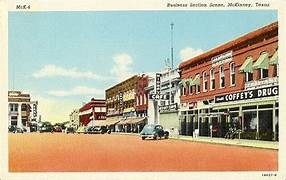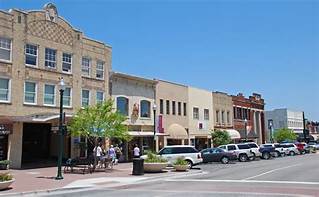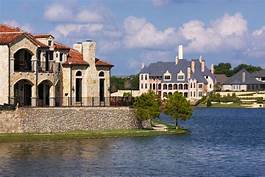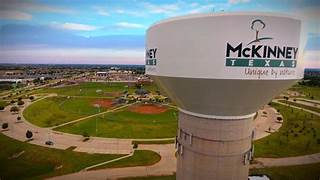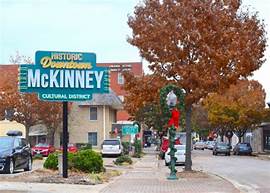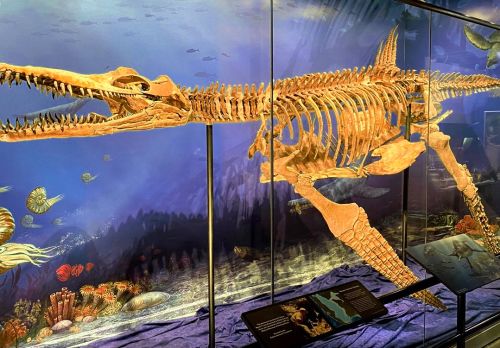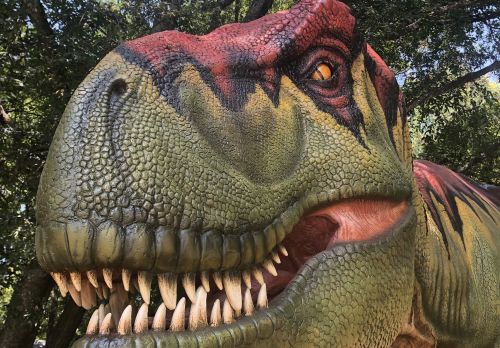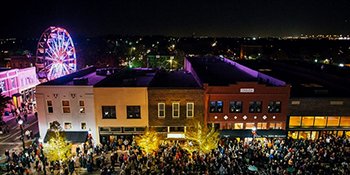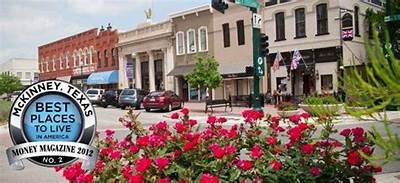McKinney Texas
The McKinney that is known today is a town that is growing quickly and was chosen by Money Magazine in 2014 as the #1 Best Place to Live in the country. It is a diverse and thriving economy, a quality way of life and leadership, and citizens dedicated to celebrating McKinney's roots are paving the way for continued growth into the future.
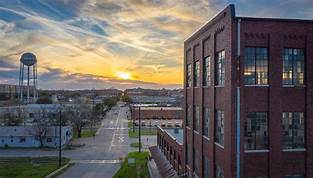
Discover the community
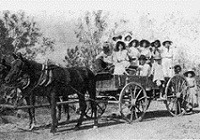
History
Fannin County originally encompassed most of northeast Texas. In 1846, Collin County and several other counties were created out of the original area, and each was about 30 miles square. The Texas legislature decreed that a county seat had to be within three miles of the center of the county so a rider could get from the edge of the county to the county seat and back home in one day. Collin County was named for Collin McKinney who was a pioneer and land surveyor who helped draft and signed the Texas Declaration of Independence from Mexico in 1836.
The original county seat of Collin County was a town called Buckner, but the legislature’s decision that the county seat needed to be within three miles of the geographic center of the county meant it had to be in a different location. Two locations were put to a vote: what is now McKinney and a location near Sloan’s Grove which is in Fairview today. Heavy rains and swollen creeks prevented Sloan’s Grove voters from reaching the polls on voting day, and McKinney was voted to become the county seat. Although residents believed the new county seat would be named Buckner, the Texas Legislature named the town McKinney for Collin McKinney. The state legislature passed an act establishing McKinney as the county seat for Collin County on March 16, 1848.
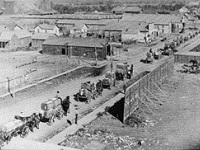
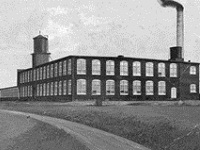
Population Increase due to Texas Central Railroad
The area’s population grew slowly at first. Settlers found that the native grasses would only feed grazing animals well when it was green, and the soil, though fertile, was a quagmire when it rained, so transportation of agricultural goods was nearly impossible. Enter the Houston and Texas Central Railroad in 1872. With reliable transportation, people and goods could move in and out of McKinney, and this development stimulated a time of unprecedented growth in the town.
Over the next 50 years, cotton became a major source of revenue in Collin County. In 1860, the yield was 16 bales, and in 1870 it was 4,371 bales. In 1870, there was one cotton gin in McKinney, but by 1876, there were four. A cotton compress began operation in 1892, and was still in operation until the mid-1980s. The first textile mill – The Texas Cotton Mill Company – was opened in McKinney in 1910. It was one of only two mills west of the Mississippi that manufactured color-print cloth. It later became a major manufacturer of denim.
The region also produced large amounts of corn, wheat and oats. The high yields placed Collin County among the top producers in the state. This stimulated the growth of the grain processing industry here. One of the earliest mills was established in 1892 and operated until the 1970s. Another was established in 1894, and in 1906 built new facilities that are still in use today.
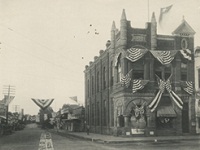
McKinney Expansion
The growing prosperity meant that bigger and better facilities were needed for the county seat. In 1866, the Commissioner’s Court imposed a special courthouse and jail tax, and in 1874 building on the new courthouse began. When it was completed in 1875, it was the tallest building in Texas north of San Antonio.
The booming economy meant better infrastructure and larger homes for many of the leading citizens. Many of McKinney’s most impressive historic homes were built in the 1890s. By 1885, the city had newspapers, banks, flour mills, an opera house, churches and two thousand residents. The first telephone exchange arrived in 1883, a volunteer fire department organized in 1887 and electric lights first lit up the town in 1889..
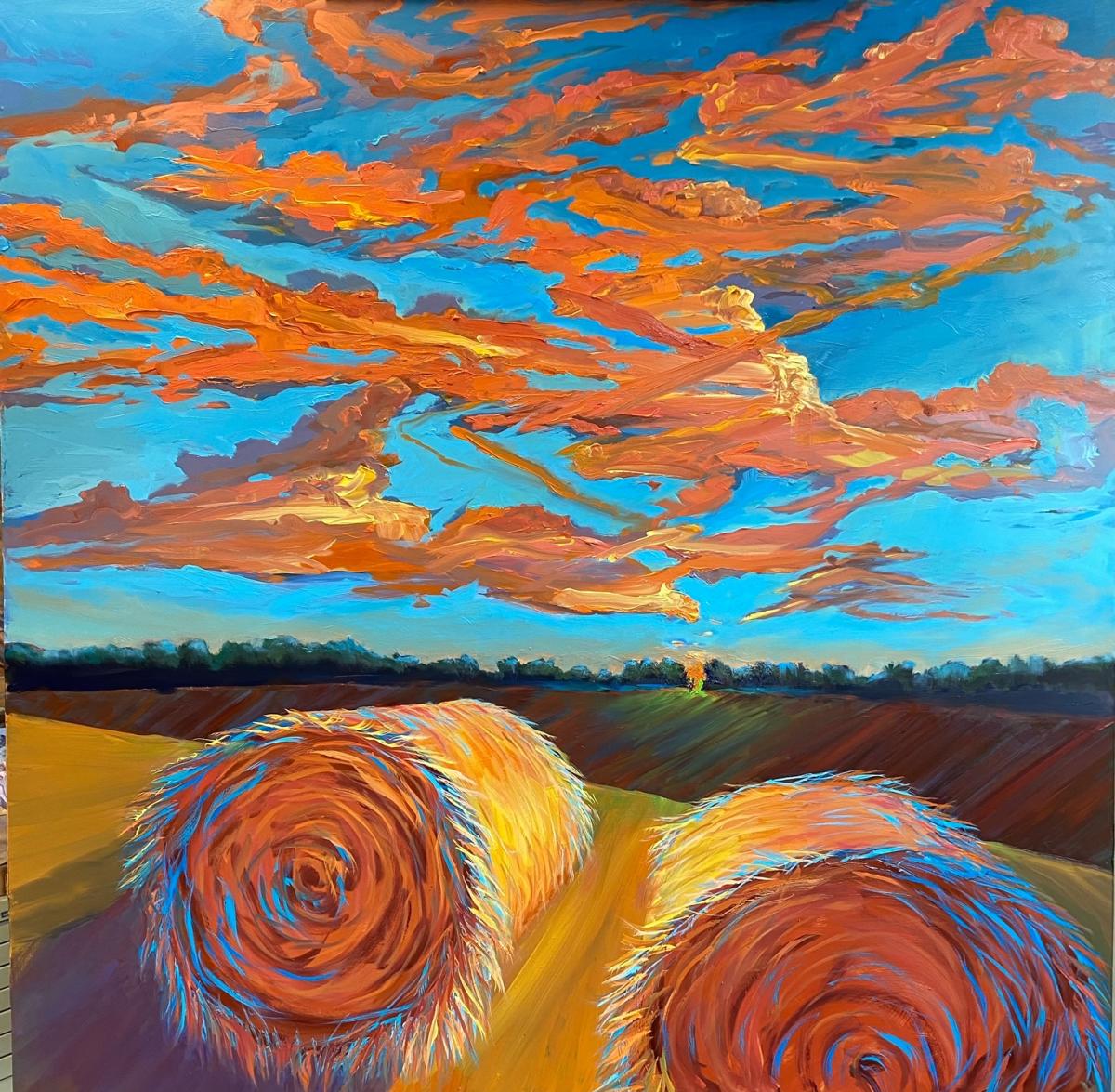
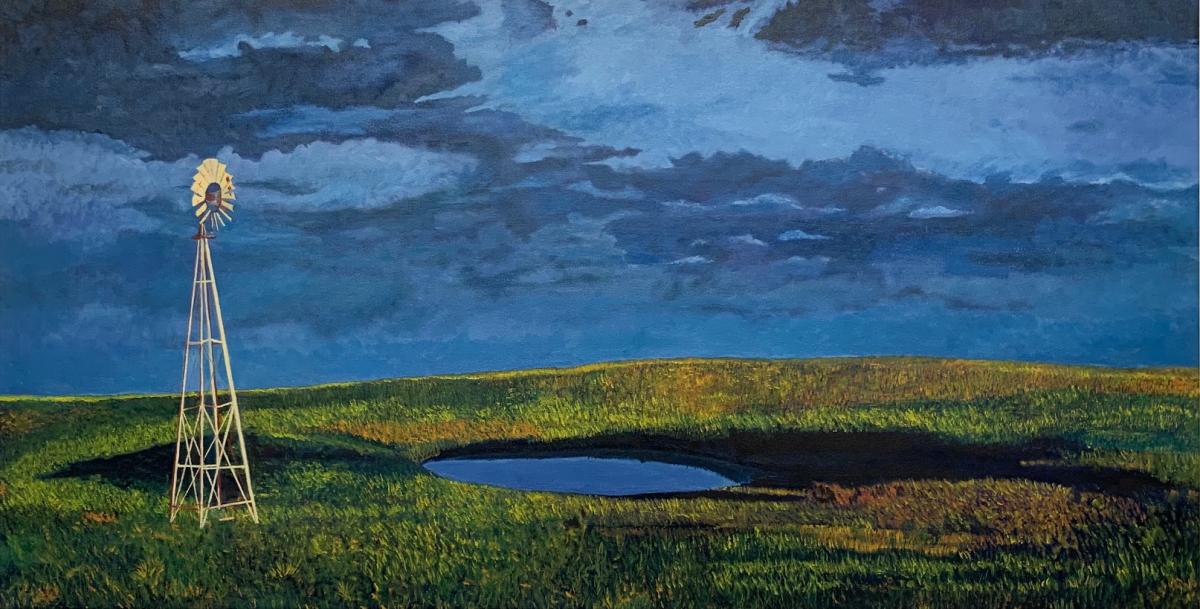
Big Sky in July
Monday to Saturday: 10:00 AM to 6:00 PM, closed on Sundays
Presented By: The Martin Place
Dates:Friday, July 1st, 2022 - Saturday, July 30th, 2022
1799 N Graves St.
McKinney, TX 75069
No cost to join us from July 1st to July 30th for for "Big Sky in July," a sky themed exhibition. Artist include Karren Case, Patricia Crain, Nona Cross, Pernie Fallon, Guy Girsch, Linda Herbert, Maribeth Jagger, Darby LaGrave, Brian Magnuson, John Magnuson, Jan Martin, Mark Martin, Ernest Martin, Betty Reuscher, and Lisa Temple. The show is on display during business hours, Monday to Saturday, 10:00 am to 6:00 pm
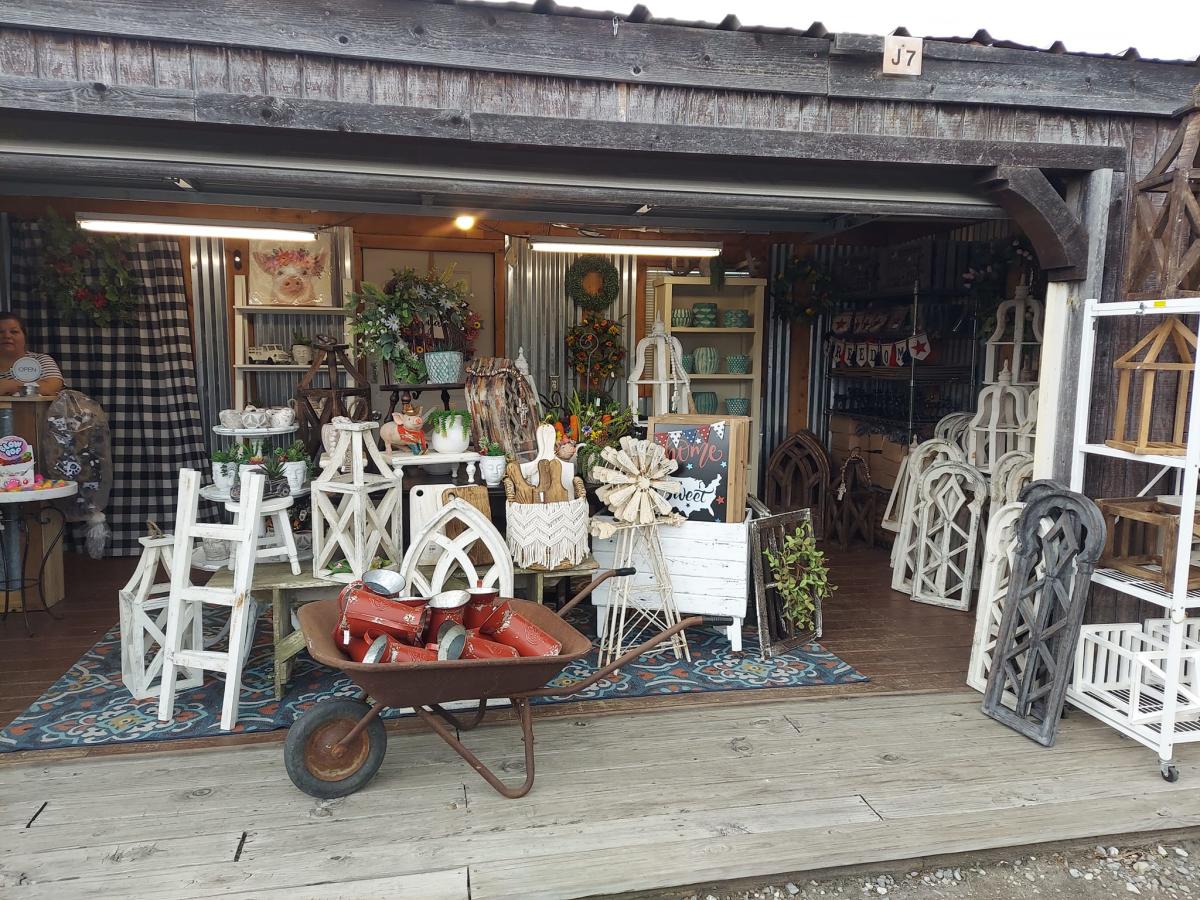
Third Monday McKinney Trade Days
Dates:
- Friday, July 15th, 2022, Saturday, July 16th, 2022, Sunday, July 17th, 2022
- 4550 W. UniversityMcKinney, TX 75071
- mckthirdmondaytradedays@gmail.com
At the Third Monday McKinney Trade Days, you will find a mix of fair-style food vending, antiques, trendy apparel and accessories, garage sale items, a great variety of home and outdoor decor, pet supplies, health and beauty products, and more. Third Monday McKinney Trade Days has 18 acres of parking, two ATMs, clean restrooms, three shopper entrances, and exits, as well as a heated and air-conditioned Mall.
OctoberFest
15th Annual Downtown McKinney Oktoberfest!
September 23 - 25, 2022
WHERE GERMAN & AMERICAN CULTURES MEET... WILLKOMMEN!
Put on your lederhosen and join us for a full weekend of German-themed fun in Historic Downtown McKinney.
Enjoy the tradition of authentic German food, domestic and imported beer, live music, games, and much more.
We hope to see you there! PROST Y'ALL!
https://www.mckinneytexas.org/664/Oktoberfest
Concerts and Activities
Enjoy Concerts, Events and so much more!



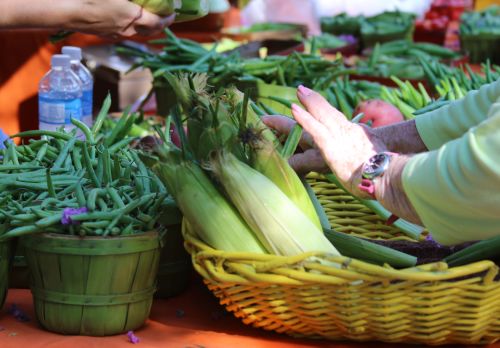
Fun Activities and Events All the Year Round in McKinney
McKinney has a wide variety of activities and concerts for family fun all the year long.
McKinney ISD
McKinney ISD mission statement states MISD provide engaging learning experiences so students can become effective communicators, quality contributors, and socially responsible citizens..
J B Wilmeth Elementary School
• Public • Grades K-5
•647 students
0
Greatschools RatingDr. Jack Cockrill Middle School
• Public • Grades 6-8
• 1275 students
0
Greatschools RatingGlen Oaks Elementary School
• Public • Grades K-5
• 489 students
0
Greatschools RatingMckinney North High School
• Public • Grades 9-12
• 2137 students
0
Greatschools Rating
